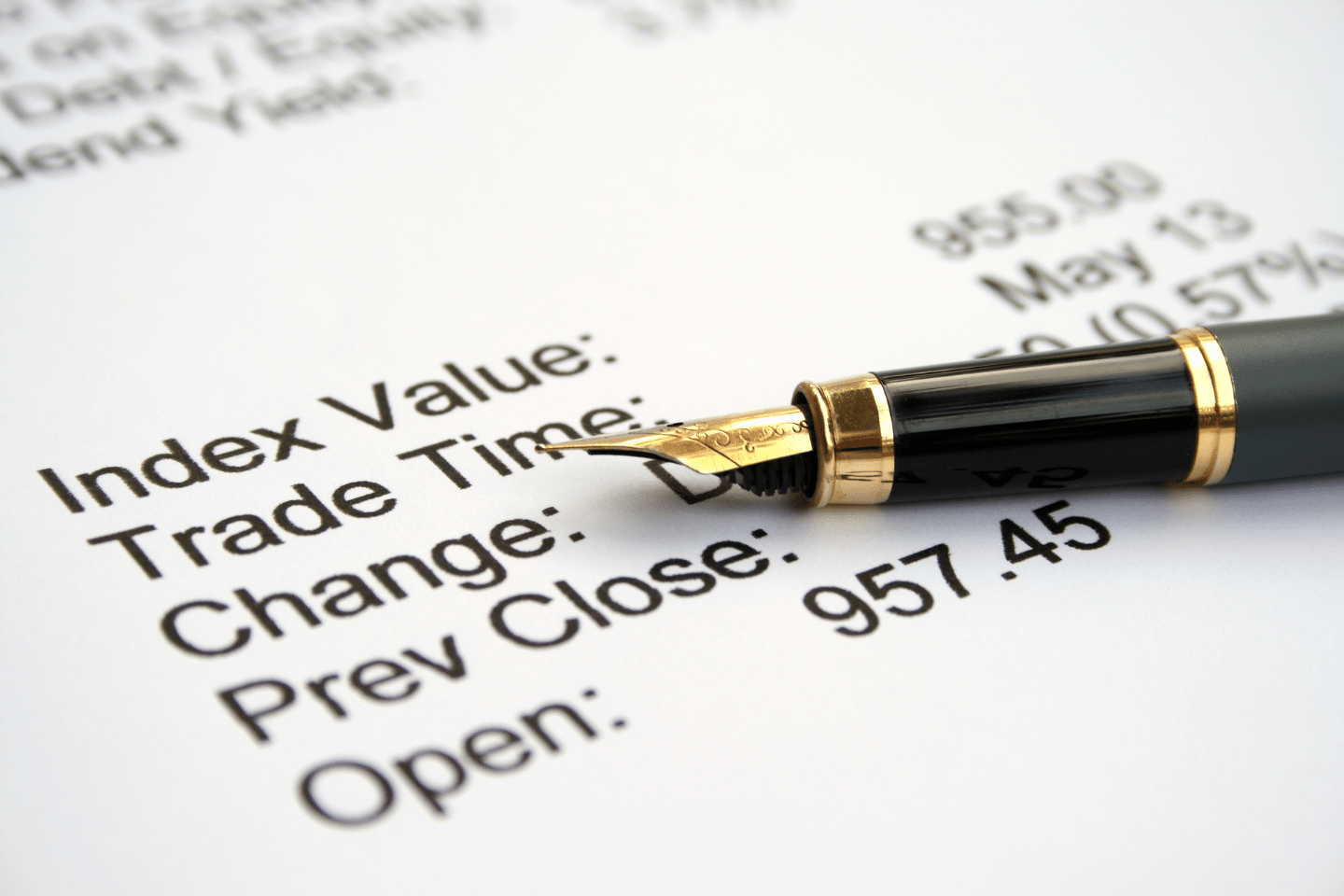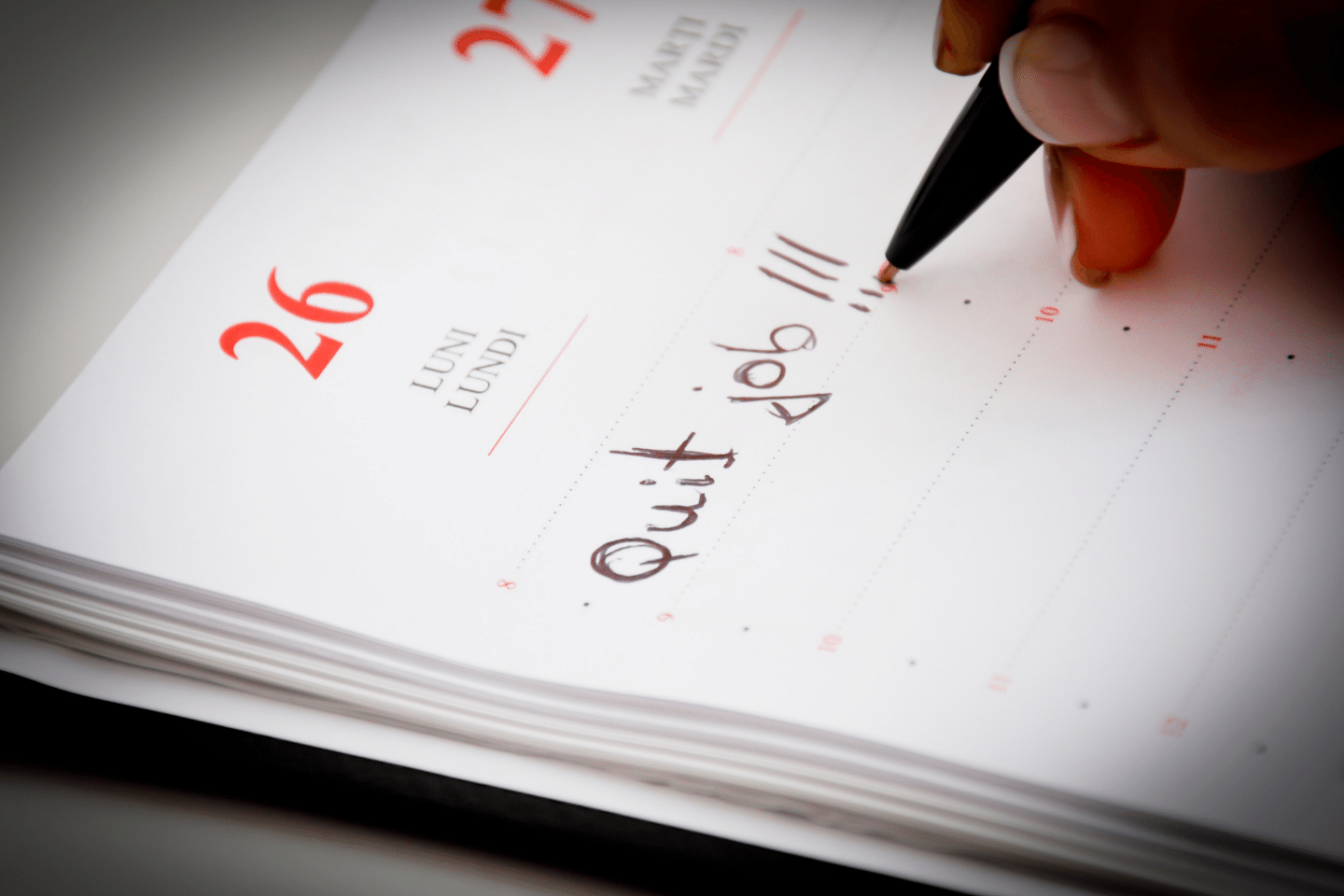Keeping Up With The Joneses
Posted on:
Keeping Up With The Joneses
We’ve all experienced it. Feeling the pressure to spend so you aren’t left behind. Whether it’s splitting the bill at a restaurant, when others have ordered lobster and you’ve ordered pasta, or feeling the need to upgrade your car so you don’t stand out in the company carpark. In fact, 1 in 2 Australians have felt social pressure to spend money, and 1 in 5 have gone into debt or spent more than they can afford.[i]
But keeping up with the Joneses can have a devastating effect on your finances, and result in insufficient funds to support you in retirement. So let’s take a look at where this phenomenon comes from, and some of the things you can do to ensure you don’t fall victim.
The Psychology of Keeping up with the Joneses
According to financial psychologists (yes, that’s a thing) the need to keep up with our friends and neighbours is an evolutionary hangover from needing to remain part of the herd in order to survive.
These days, this manifests itself as conspicuous consumption, a term coined by Thorstein Veblen way back in 1899, so this is no new phenomenon. But what it all boils down to is overspending in our desire to impress and fit in, and in fact it has very little to do with our income.
What You Can Do
If you feel under pressure to spend more than you know you can afford, or find yourself succumbing to temptation more than you should, there are a number of things you can do.
Budget
A budget, even a simple one, is the best way to get your spending in check. But budgeting is a bit like a diet. If you cut yourself off entirely there’s more chance you’ll cave in and have a big blowout. So build in the occasional treat to help keep you on track.
The government website Moneysmart.gov.au provides a free calculator to help you create your own realistic, workable budget.[ii]
Debit not Credit Cards
Weaning yourself off credit cards, and the ensuing interest charges, can make a big difference to your bottom line. But it can be tough. Particularly if you have a big balance.
One way to get started is to leave the card at home. If it’s not in your wallet, you can’t use it. Then start paying it off bit by bit. Once you’ve paid off the balance and built up a bit of a savings buffer for things like emergency car repairs, consider getting rid of it altogether, and move to a debit card.
Buy Now & Pay Later
These might seem like a great invention, but they are so easy to set up you can rack up quite a debt without realising it.
Payment Plans
One of the biggest line items in any household budget is utilities, and it’s getting bigger all the time. Gas, electricity, water, insurance. They’re all very unglamorous essentials. Most suppliers will allow you to set up a regular payment plan to help ensure you don’t experience bill shock every quarter.
Social Media
Nothing creates a sense of FOMO quite like social media and that’s before we even look at the algorithms embedded in the systems, designed to present us with targeted advertising. So if at all possible, give it a break, at least until you get your finances in order.
What Would a Wise Person Do?
Impulse purchases are some of the worst offenders in derailing budgeting. So practice restraint. If you’re tempted, take a breath. Pause. Count to ten. Think ‘what would a wise person do?’. If you’re still having trouble, try telling yourself you’ll come back tomorrow, or next week, and if it’s still there you’ll buy it. Chances are, by the time you’ve got home you’ll have thought better of it.
At the end of the day, only you can decide your priorities. If having those fancy new threads is more important to you than putting money away for the future, that’s fine. Just so long as you are aware the choices you are making today will have consequences, either good or bad, in the future.
If you would like help in creating a budget you can stick to and understanding the impact keeping up with the Joneses is having on your overall financial position, reach out to us on (02) 9976 3388 for a chat, or get in touch via the below link.
References:
[i] https://www.moneymag.com.au/aussies-overspend-joneses-five-things
[ii] https://moneysmart.gov.au/budgeting/budget-planner




